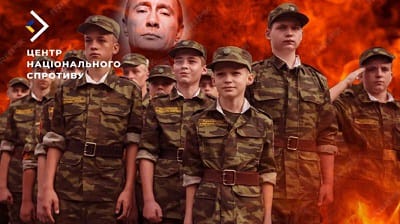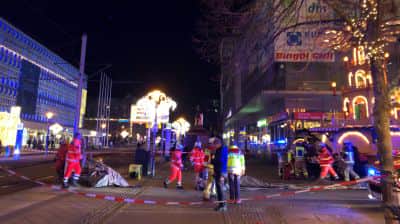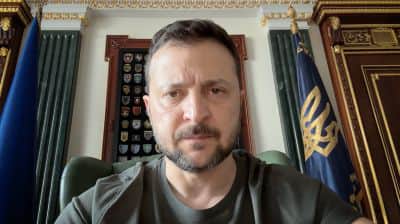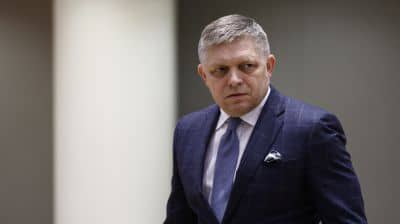Russian troops' actions do not indicate intentions to capture Kharkiv, Estonian intelligence says
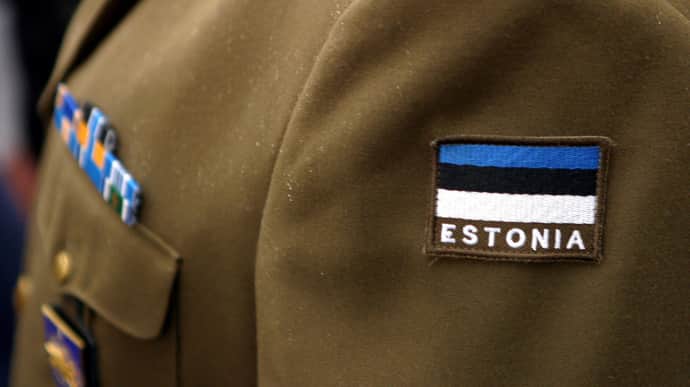
The offensive activity of the Russian Armed Forces in Kharkiv Oblast suggests that they seek to create a buffer zone, not capture the city of Kharkiv.
Source: Ants Kiviselg, Commander of the Estonian Defence Forces Intelligence Centre, as reported by European Pravda, citing Estonian public broadcaster ERR
Details: Kiviselg noted that fighting continues throughout the war zone, with Russian forces carrying out an average of 140 attacks per 24 hours. The main fighting is taking place in the north and east of Kharkiv, Luhansk, and Donetsk oblasts.
"The Russian Armed Forces are advancing on the recently opened Kharkiv front, but their pace is slowing down. This and the nature of their behaviour rather indicate a desire to create a buffer zone," said Kiviselg. Russian troops have attacked and destroyed important bridges in the area of Vovchansk, which creates a natural barrier between Ukrainian and Russian forces.
"This is more an indication of the intention of Russian forces to build a defensive line than to create a bridgehead for an advance on Kharkiv," he added.
Kiviselg said that Russian forces had advanced to a depth of 8 km, an area covered by Russian artillery. That is why Ukraine could not build a defence system closer than 10-20 kilometres from the border and erect strong fortifications closer than 3-5 kilometres from it.
"The North grouping of [Russian] forces is operating on the Kharkiv front, aiming to impede the advance of Ukrainian reserve forces and support the [Russian] offensive on the Donetsk front," Kiviselg said.
"About 2,000 troops are engaged in direct combat on the Kharkiv front, with another 1,500-2,000 in reserve. There are about 35,000 military personnel of the Russian Armed Forces in the area, and the grouping is likely to increase shortly. However, it is unlikely that Russia will be able to amass 300,000 troops in this area, which, based on various estimates, is the minimum number of troops required to ensure the capture of Kharkiv," Kiviselg said.
The intelligence centre commander added that in other parts of the war zone, Russian troops are maintaining the same intensity of fighting, expanding the area of captured territories through local tactical successes. The main fighting is taking place on the Pokrovsk front around the settlement of Ocheretyne and on the way to the town of Chasiv Yar.
Fighting continues on the south front near the village of Robotyne (Zaporizhzhia Oblast), but Ukrainian defences are holding. Ukrainian forces are also continuing to hold a foothold on the left (eastern) bank of the Dnipro River.
Background: German Foreign Minister Annalena Baerbock, commenting on the Russian military offensive in Kharkiv Oblast, stated that Ukraine needs to be provided with long- and medium-range weapons.
Christopher Cavoli, Supreme Commander of NATO's Allied Forces Europe, and Rob Bauer, Chairman of the Alliance's Military Committee, believe that the Russians will not have enough strength to make a strategic breakthrough in the north of Kharkiv Oblast.
Support UP or become our patron!

